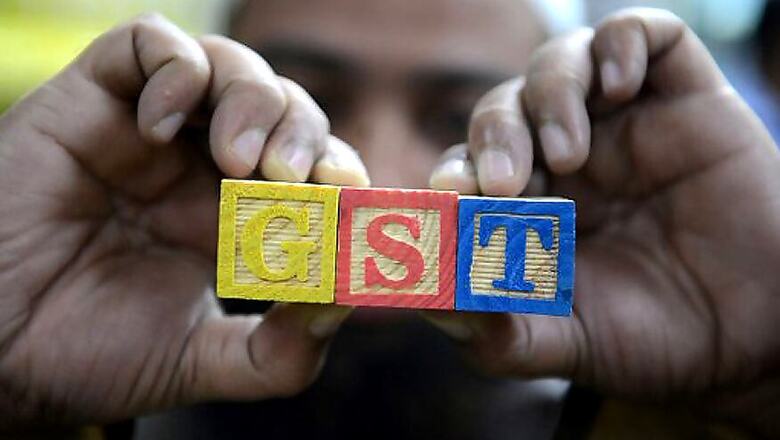
views
The impact of GST on real estate will depend upon the abatement allowed on agreement value, says CRISIL survey.
From the point of view of consumers, the impact of GST on the real estate sector will hinge on its effective implementation rate.
In the residential segment, completed properties do not attract service tax and so will have no impact of the implementation of GST.
In case of under construction properties, consumers pay the following:
• Stamp duty and registration charges (which are state specific and which will not fall under the GST)
• Service taxes including Swachh Bharat Cess and Krishi Kalyan Cess totally adding up to 15% (since service tax is applicable on 25% of the agreement value, effective outgo translates to 3.75%. However in case of properties costing above Rs 1 crore or where the carpet area of the residential unit exceeds 2,000 sq ft, service tax will be applicable on 30% of the agreement value, translating to an effective outgo of 4.5%)
• VAT – state-specific charge, for instance Maharashtra charges 1% VAT on agreement value, while Karnataka charges 5.5%, Tamil Nadu and West Bengal do not charge VAT – VAT is expected to be subsumed under GST
Thus, if the current service tax + VAT outgo is higher than the effective GST rate, it will provide some relief to the consumer. In case the current outgo is lower than the effective GST rate, it will further burden the residential real estate sector which is already facing headwinds, especially with regards to demand. A crucial clarification required at the moment, is the treatment of GST in lieu of service tax, namely whether applicable at 25% or at a rate different from 25%. This will have a direct bearing on its overall impact.
Leasing of residential properties does not attract service tax and so will have no impact of the implementation of GST.
On the other hand, leasing of commercial properties attracts service tax and will be impacted by GST. Again, the impact will depend on the effective rate of GST.
From the developer’s point of view, implementation of GST will results in lower construction costs. Overall tax incidence on inputs like cement and steel is expected to decline, thereby leading to improved margins for the developer. However, whether these benefits are passed on to the consumer remains to be seen. Additionally, further clarity is required on the availability of input tax credit with respect to works contract which results in construction of immovable property as it will determine its impact on the sector.
From the consumers point of view, the impact of GST on the real estate sector will hinge on its effective implementation rate.
In the residential segment, completed properties do not attract service tax and so will have no impact of the implementation of GST.


















Comments
0 comment